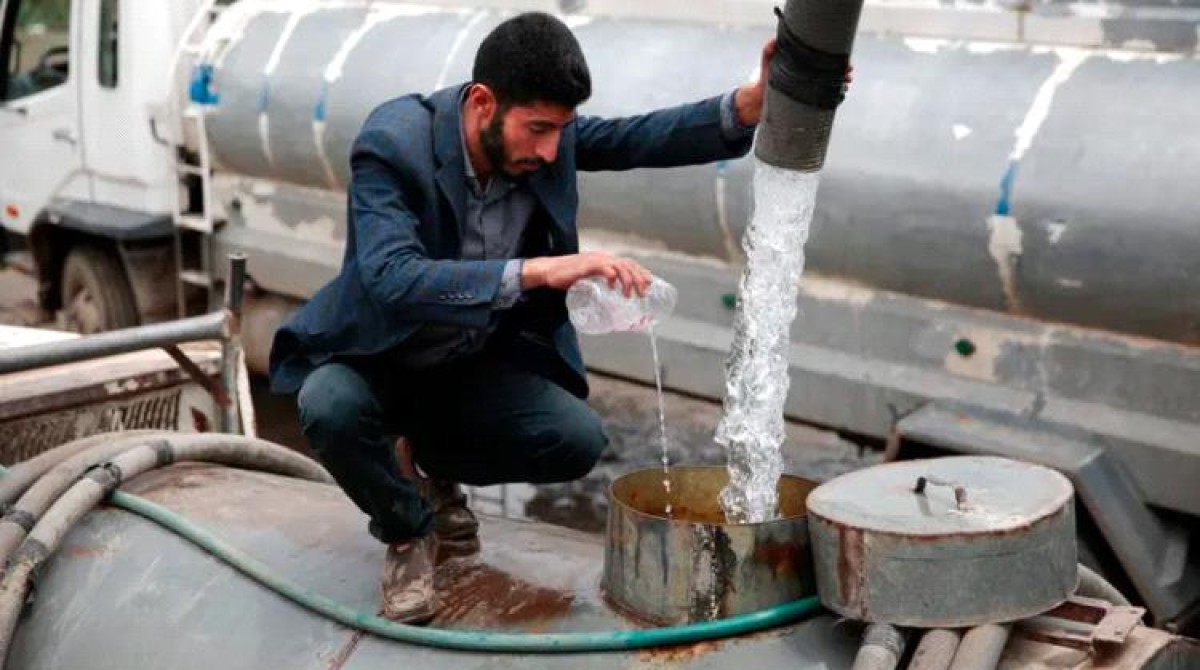A UN report warns of water resources running out by 2030 in Yemen


A UN report warned that water resources in Yemen will run out over the next few years, in light of the indiscriminate depletion of groundwater throughout the country.
The Food and Agriculture Organization of the United Nations (FAO) said in a recent report: “Across Yemen, groundwater is being depleted at twice the rate of its replenishment, and at the current rate of extraction, by 2030 the country’s water basins will be exhausted.”< /p>
The report added that continuing to use groundwater resources indiscriminately would be disastrous for a country in which 70% of rural society practices agriculture, and the transformation agenda in the field of food and agriculture would be lost with the depletion of water resources in the country.
FAO confirmed that Yemen has an unenviable water situation, as it is considered the poorest country in the world in terms of water resources, and its per capita share of water does not exceed 83 cubic meters annually, compared to the upper limit of 500 cubic metres. The agricultural sector accounts for about 90% of water use, most of which goes to growing qat.
The report indicated that climate change and rapid population growth have led to the imposition of additional pressure on the limited water resources in Yemen, which threatens food security in the country, and even the safety and lives of people, especially since “sometimes human lives are lost when communities fight over water.” Resources, and 70 to 80% of the conflicts in the country revolve around water.”
According to recent UN statistics, about 14.5 million people in Yemen do not have access to safe drinking water and reliable sanitation facilities, and “women bear the brunt of this water situation, which not only affects their production of crops and livestock, but also requires more Work and use time to travel to collect, store and distribute water.”